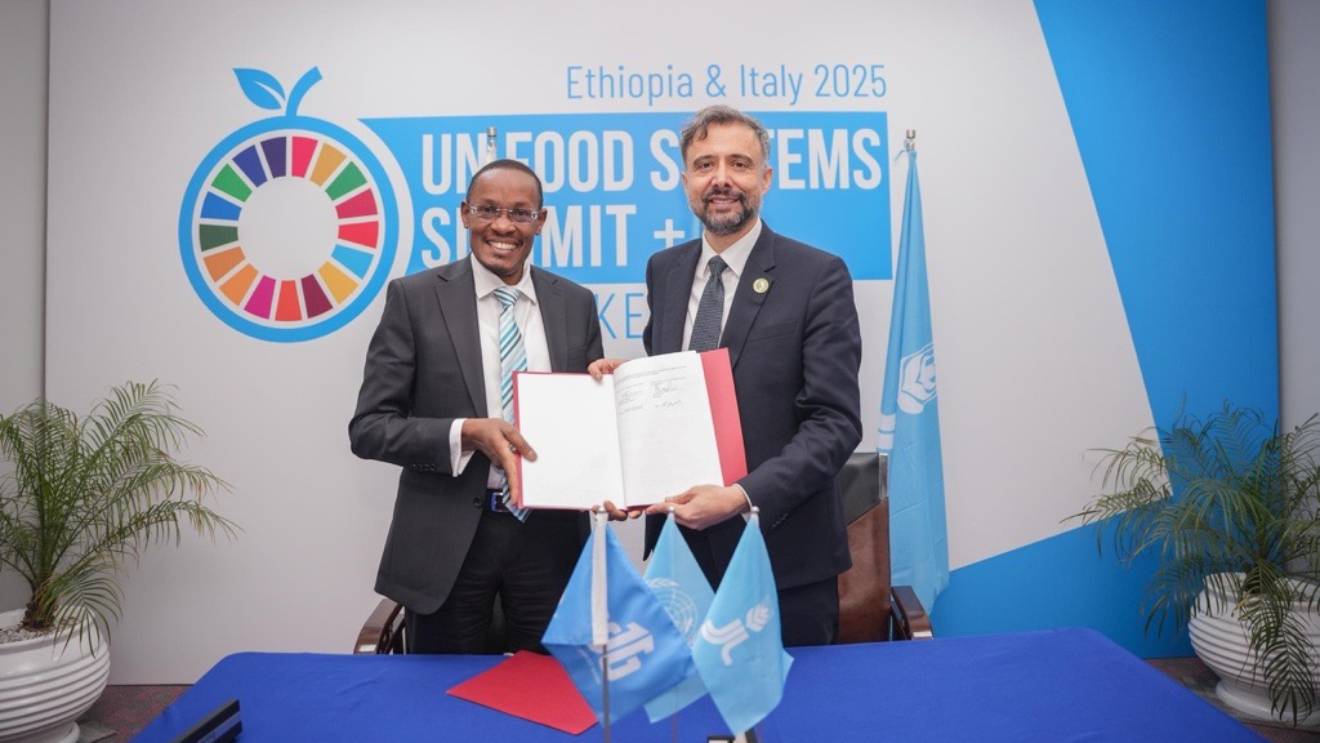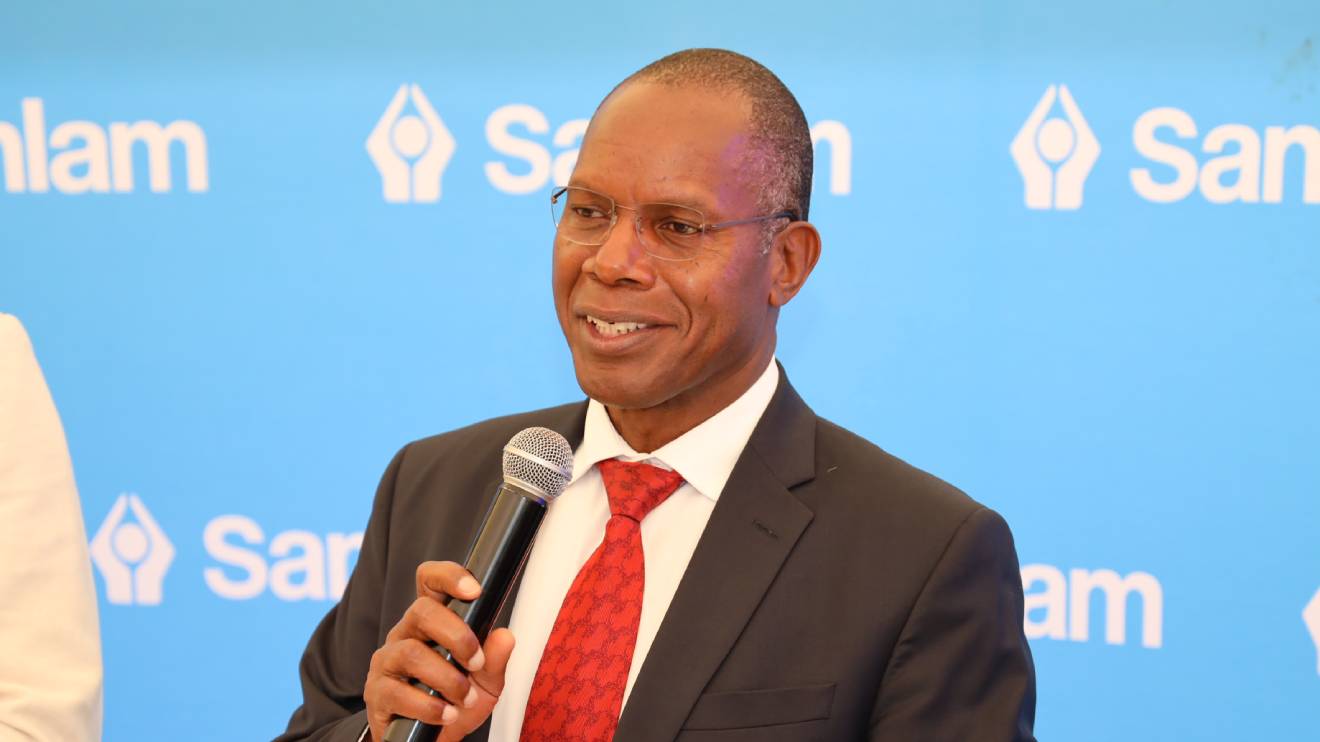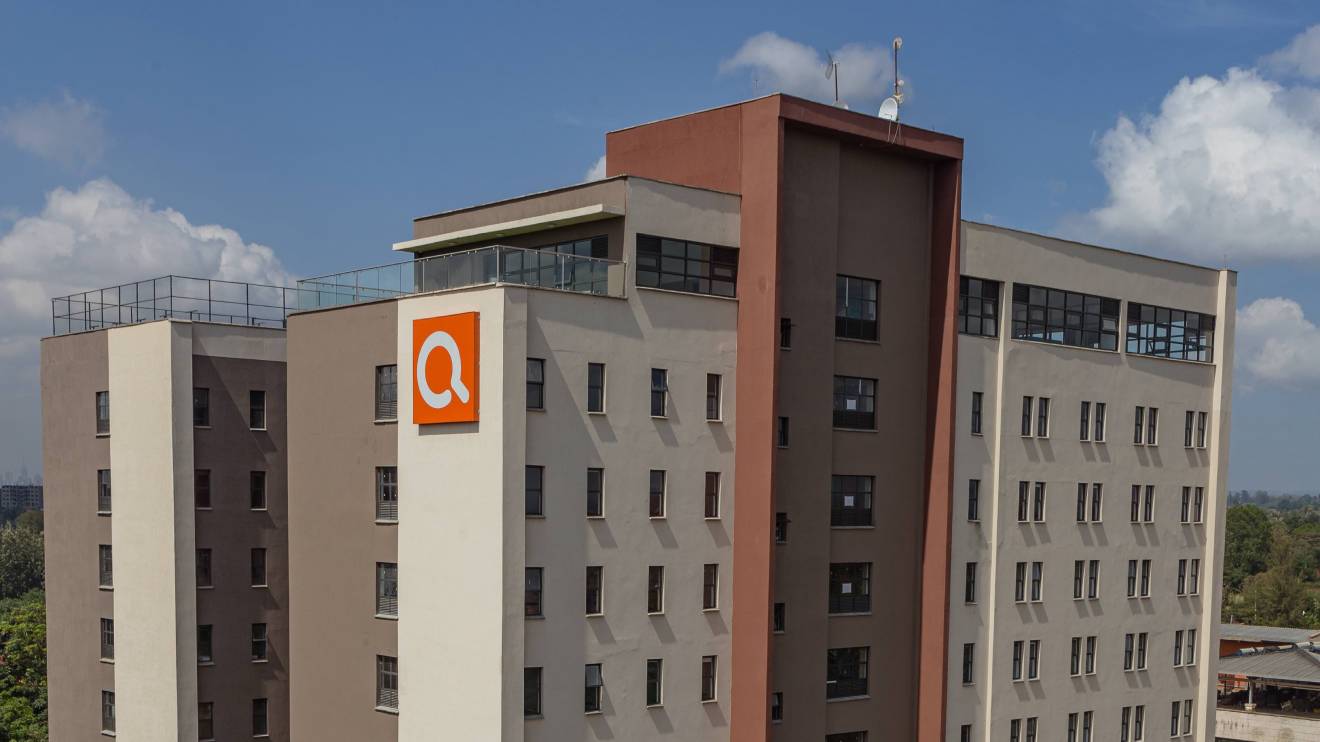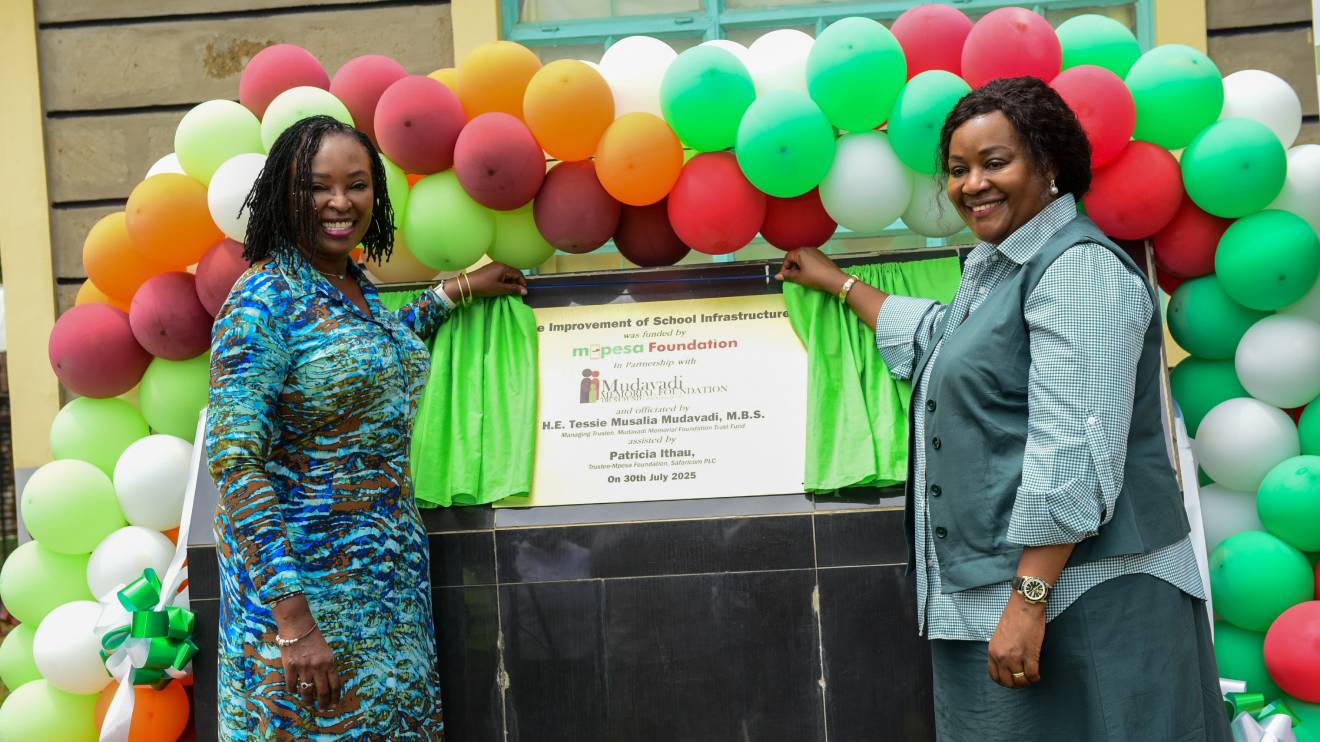A funding agreement valued at Sh303 billion has been signed between the International Fund for Agricultural Development (IFAD) and the East African Development Bank (EADB), launching a regional push to strengthen agriculture, rural livelihoods, and food systems across East Africa.
The deal, unveiled during the UN Food Systems Summit +4 Stocktake in Addis Ababa, brings together IFAD’s operational footprint and EADB’s financial muscle to support farmers transitioning from subsistence to sustainable enterprise.
While speaking on the value of this collaboration, the president of IFAD Alvaro Lario emphasised the importance of partnerships that maximise impact amid limited global resources.
“Partnering with public development banks like EADB is increasingly important at a time when we need to achieve maximum impact with fewer resources," Lario stated.
"Representing two-thirds of formal financing to agriculture, these PDBs can play a key role in transforming food systems making them more sustainable, inclusive, and resilient for rural farmers."
The funds will be directed towards various IFAD-led programmes already active in the region, with a focus on modernising agricultural systems, strengthening infrastructure in rural areas, and building resilience against the effects of climate change.
Africa, and East Africa in particular, represents a major operational focus for IFAD, which currently runs 51 investment projects in 22 countries across Eastern and Southern Africa.
EADB’s acting head Benard Paul Mono characterised the agreement as a formal alignment of mutual goals aimed at transforming farming communities.
“Today, IFAD and EADB are formalising a shared vision through this co-financing framework agreement rooted in our mutual commitment to promote sustainable and inclusive socio-economic development in our farming communities,” Mono said.
He explained that beyond basic support, the partnership intends to create long-term solutions for rural economies.
“Together, we will support programs that mechanise agriculture and help farmers graduate from subsistent farming and make it more resilient to climate change effects. We will work together to strengthen agricultural value chains and unlock opportunities that transform farms into businesses to improve their living standards,” he added.
The initiative is expected to unlock further capital, both public and private, to fill gaps in food production, agribusiness, and distribution.
It will also contribute to national food systems strategies underway in the region, as governments seek to bolster self-sufficiency.
Although Africa’s agricultural potential remains vast, access to healthy food is still out of reach for many.
Roughly one in every five people on the continent cannot afford a nutritious diet, and millions of smallholder farms operate without the tools, training, or funding needed to scale.
With strategic investment, IFAD and EADB believe that these farms, estimated between 33 million and 50 million in number, can move beyond survival and into productivity, providing employment, sustaining rural economies, and securing regional food supplies.
This co-financing framework signals not only a financial commitment but a shift in development thinking: from fragmented aid to shared investment in long-term agricultural transformation.







